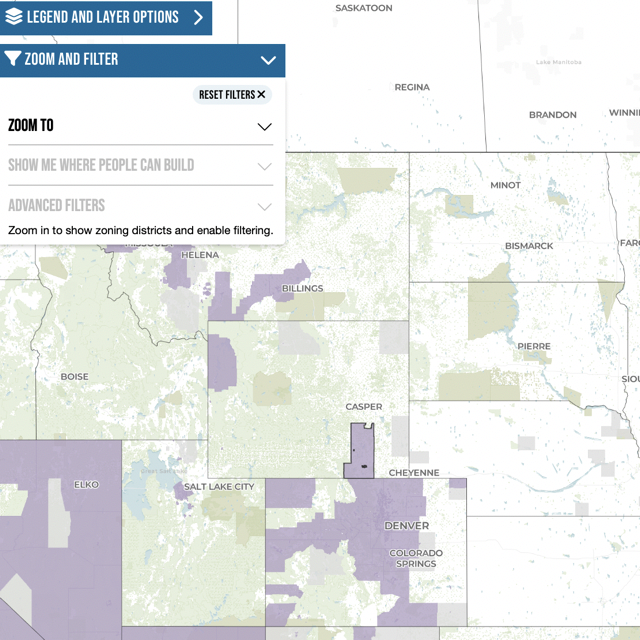Digital humanities is an incredibly amorphous, hard-to-define, and capacious term that encompasses a wide range of research methods, theoretical and practical approaches, and digital and analog tools. The following projects are a selected list of examples from across DH, but by no means represent the full range of what is possible when working with digital tools to answer humanities research questions. For more projects, explore the project lists and databases below.
Project lists
Collections projects
At Cornell
The AI for Humanists Project

National Zoning Atlas
Freedom on the Move Project

The Gardens of the Roman Empire
At museums, libraries, and other institutions
Computational text projects
The Goodreads "Classics": A Computational Study of Readers, Amazon, and Crowdsourced Amateur Criticism
Topic Modeling Vogue
By Cornell students
Periodical Poets
A collection of over 700 poems printed in New York-based, nineteenth-century periodicals run by Black editors. See also: Charline's article about the project in American Periodicals: a Journal of History and Criticism.
HIST 2391 Images and Manifests
John Mandeville and the Hereford Map
Electrical Metaphors, 1788 - 1798
Electrical Metaphors, 1788 - 1798
Visualizes the use of metaphorical language about electricity in writings about the French Revolution over time and space.
Museum of the Sea: Curating Ocean Worlds
A collaborative exhibit website created by students in the first-year seminar course Museum of the Sea: Curating Ocean Worlds
Archivo Punto Final
Una revista de izquierda revolucionaria en el Chile durante la Unidad Popular
Why is it so hard to find "one" digital project database?
Ask Quinn Dombrowski, author of “The Directory Paradox” (2021) and “What Ever Happened to Project Bamboo?” (2014). Not only does the wide-range of project types and formats make it difficult to collect everything in one interfaces and/or database, the nature of digital projects is inherently ephemeral. Links break, sites disappear, tools stop being maintained or simply stop work when PHP updates: technology is generally always shifting, and the existence of DH projects is thus also shifting. For every DH project that will be born today, five will die, and it is far beyond the scope of any one person (and indeed, beyond even one institution or working group) to collect and discard everything.